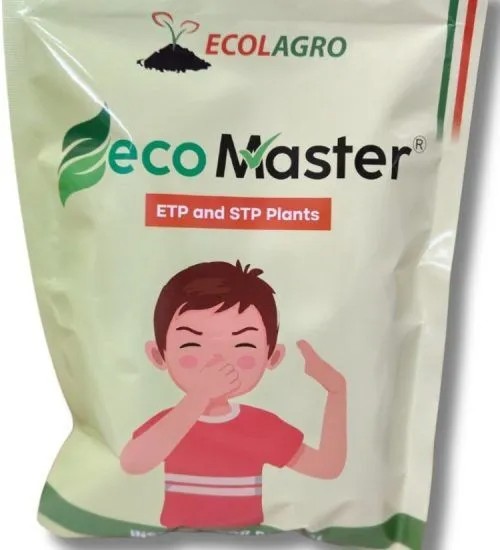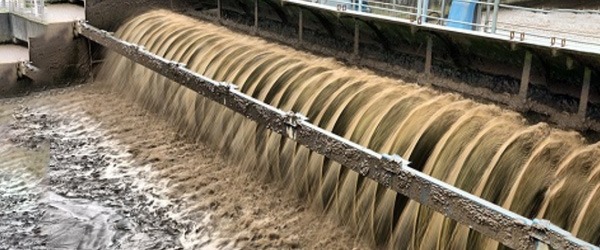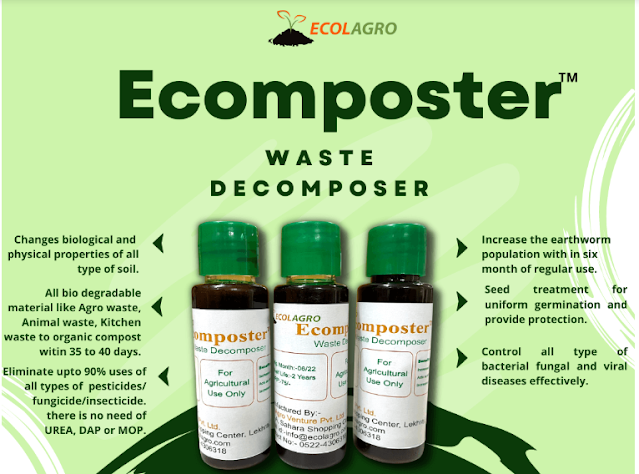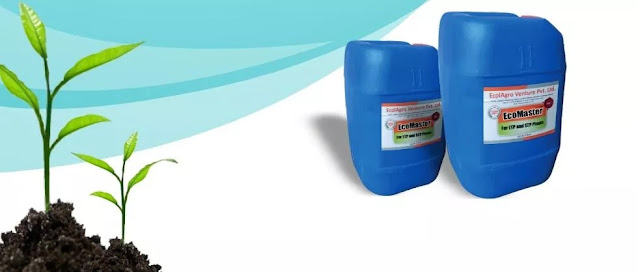Septic Tank Bio Cleaner: The Eco-Friendly Solution by Ecolagro
.jpg)
Maintaining a healthy septic tank system is crucial for both the environment and the functionality of your household or business. A well-maintained septic tank helps prevent costly repairs, unpleasant odors, and environmental contamination. Traditional septic tank maintenance methods often involve harsh chemicals that can harm the ecosystem. However, Ecolagro’s Septic Tank Bio Cleaner provides an eco-friendly, efficient, and sustainable alternative to conventional cleaning solutions. In this blog, we’ll explore how Ecolagro’s Septic Tank Bio Cleaner works, its benefits, and why it is the ideal choice for homeowners and businesses looking for an environmentally conscious solution. What is a Septic Tank Bio Cleaner? A Septic Tank Bio Cleaner is a biological solution designed to break down and decompose organic waste in septic tanks. Unlike traditional chemical-based cleaners, bio cleaners use natural microbial cultures that feed on the waste, converting it into harmless by-produc...





